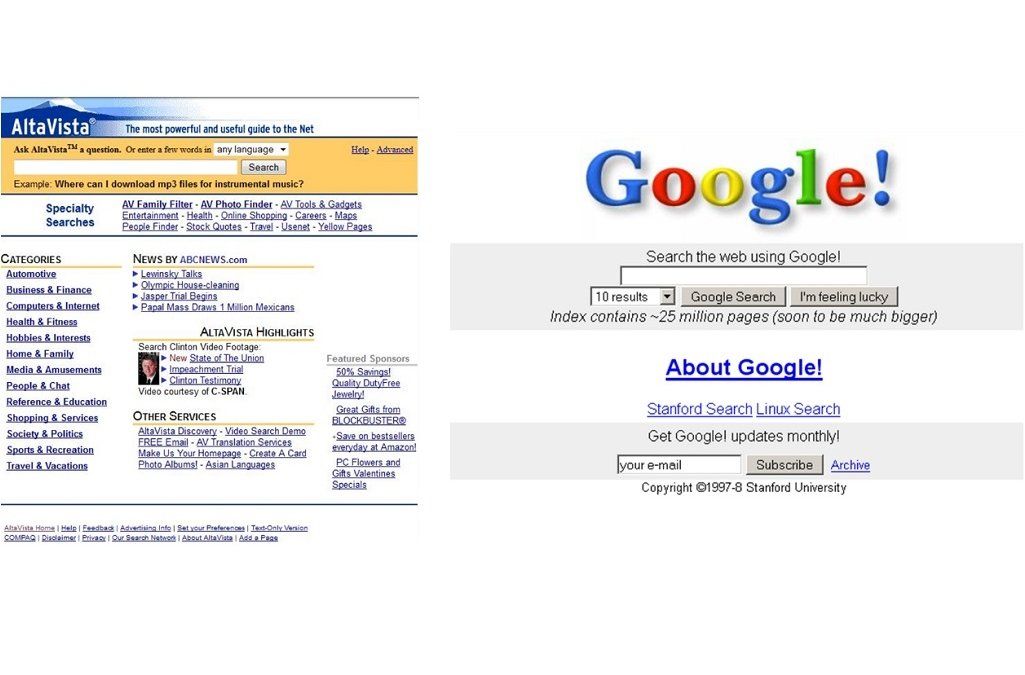Goodbye Google, Hello Qwant!
This is a guest blog post by Jack Warner of TechWarn.
The French government bids farewell to Google and adopts Qwant.
At the end of last year, the French National Assembly announced that they are not going to use Google anymore. All the devices belonging to the French government will adopt a new search engine called Qwant, which is privacy-focused.
It seems the French government wants to protect itself from the surveillance of Google and the U.S. government (and their associated comprehensive data-retention policies) and are prepared to take some big steps to do so.
France’s watchdog for data protection has also fined Alphabet’s Google $57 million (€50 million) on 14th of January, 2019 for breaches of the EU’s online privacy rules. This penalty is the biggest ever to be levied to tech giant like Google in the U.S under the EUs new GDPR legislation.
Advantages of using a private search engine
You can enjoy the benefits of search engines which are privacy-oriented in the following ways:
- Be invisible – private search engines will use aggregate or non-personal search data, instead of storing your IP address. This will keep your identity private.
- Be clean – when you have finished the search, the history on your browser will expire. Therefore, third-parties cannot access your data or search terms, even if they managed to access your computer.
- Be free – there will be no targeted ads when you use a private search engine as they don’t run ad campaigns like other mainstream search engines usually do. The ads are merely related to your search term instead of your browsing history.
Top recommendations for private search engines
The following are some of the best privacy-oriented search engines available right now:
- Qwant : a pioneer of private search engines which was the first based in Europe.
- Startpage : a private search engine which doesn’t log, share, and track the personal data of its user.
- DuckDuckGo : this private search engine has a policy which prohibits the sharing or collecting of users’ personal information.
Private search engines versus incognito mode
 Let’s backtrack slightly – why use a private search engine when there is incognito mode? The incognito mode usually behaves like a brand-new browser which has just been installed on your computer. It does not have cookies, saved searches, bookmarks, or any pre-filled forms. As you close an incognito browser, all the information that is usually collected by the browser will be deleted. Even so, the incognito mode cannot stop third parties from tracking you via DNS records and collecting your data as there is no encryption. Also, since incognito mode is also a Google product that’s not open-sourced, who knows if it collects our data for its mother ship?
Let’s backtrack slightly – why use a private search engine when there is incognito mode? The incognito mode usually behaves like a brand-new browser which has just been installed on your computer. It does not have cookies, saved searches, bookmarks, or any pre-filled forms. As you close an incognito browser, all the information that is usually collected by the browser will be deleted. Even so, the incognito mode cannot stop third parties from tracking you via DNS records and collecting your data as there is no encryption. Also, since incognito mode is also a Google product that’s not open-sourced, who knows if it collects our data for its mother ship?
On the other hand, a private search engine offers added layers of protection and its users will not be tracked while it delivers the search results. Some even use local encryption for extra privacy protection.
The problem with Google
Google privacy breaches are not unheard of. From your search history to your browsing behavior, Google knows it all. If you stand by your right to remain private and anonymous online, you may want to start looking for alternative privacy-oriented search engines.
Despite the company’s size and industry influence, Google still managed to commit a data breach that seriously violated corporate compliance last March. The shocking breach was discovered early last year when the personal data of 500,000 Google+ users was exposed to hundreds of third-party developers working on new apps on the network. The exposed data includes usernames, birth dates, email addresses, work histories, and photos. It’s possible that more users were exposed as the glitch is believed to have existed since 2015 according to engineers at Google+.
Imagine the damage if all that you’ve trusted in Google to keep private, such as your search history, browsing habits recorded on the Chrome browser and traffic from your Google Pixel, was leaked accidentally. Not only does Google violate your privacy by collecting more data than it should, but it also doesn’t do a good job of protecting it. It could be time to look beyond the horizon for newer and better options.
 About the author
About the author
Jack Warner is an accomplished cybersecurity expert with years of experience under his belt at TechWarn, a trusted digital agency to world-class cybersecurity companies. A passionate digital safety advocate himself, Jack frequently contributes to tech blogs and digital media sharing expert insights on topics such as whistleblowing and cybersecurity tools.
The post Goodbye Google, Hello Qwant! appeared first on Trisent.









